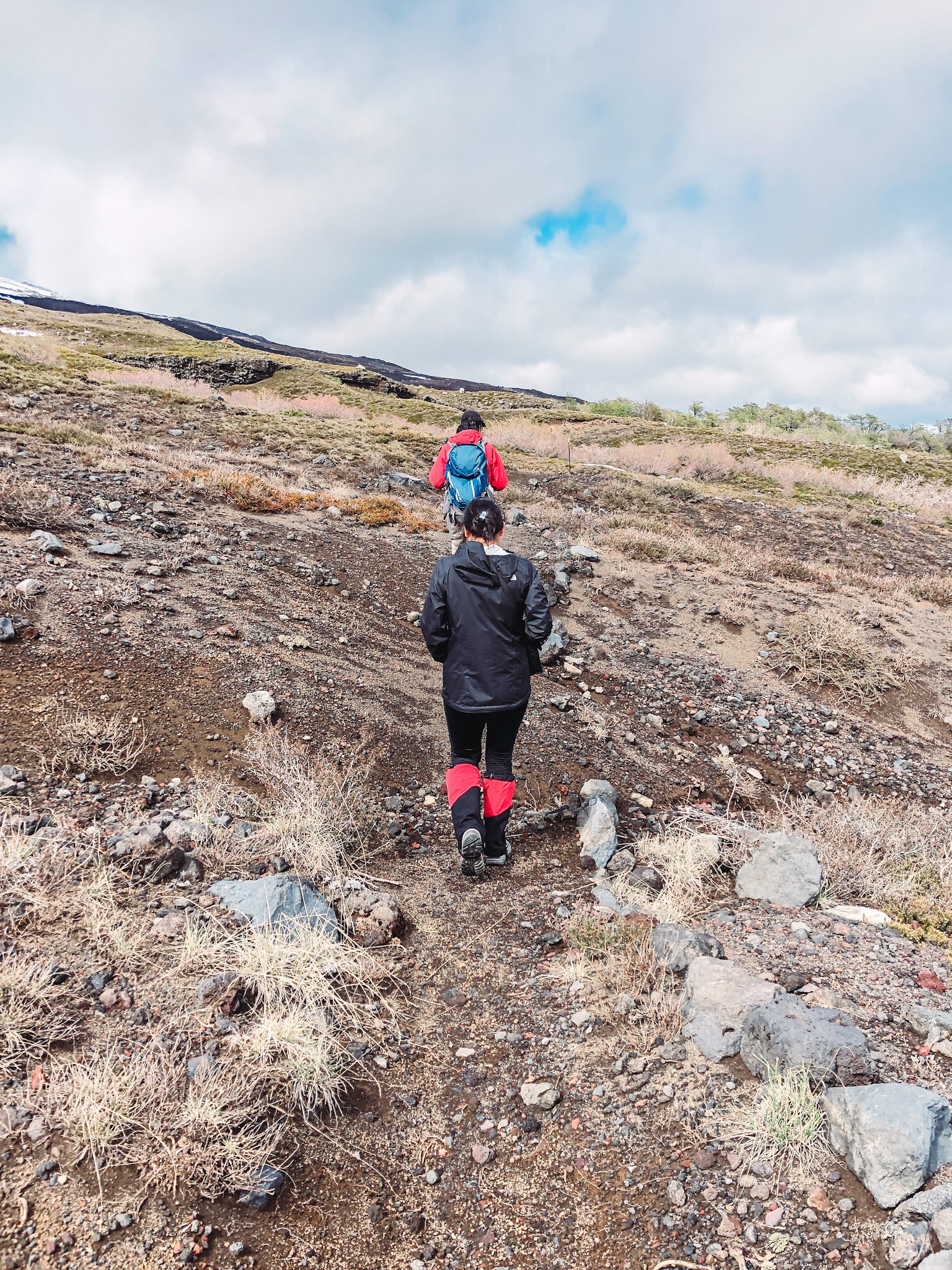How I Practiced Spanish in Buenos Aires
As an Amazon Associate, I earn from qualifying purchases. This post contains affiliate links at no extra charge to you. I only feature products that I believe in and use myself.
Are you trying to learn a new language in preparation for your expat life? Learning some language basics is definitely crucial to a successful expat life. Today I’m sharing with you a few ways you can practice your new language once you move abroad.
Labels
If you had walked into my Buenos Aires apartment when we first moved there, you would have been confused at all the post-it notes everywhere!
I found it extremely helpful to label things around my apartment in Spanish (I wish I had thought to do this in Angola!). Everything from the couch to silverware to the sink faucet to pillows.
When things were labeled and I repeated them out loud for a week or two the words really stuck in my memory. Then, after I felt comfortable with those words I would remove the labels and add labels to new objects in the apartment.
Labeling things may feel a little silly but I promise you it will help you learn new words.
Language School
While this isn’t the most cost effective route, there’s something about actual lessons in a classroom environment that really help you refine your language skills. When we moved to Buenos Aires, I enrolled in Expanish and it was so helpful in learning Spanish and meeting other expats.
While taking classes, I met so many expats that were only in Buenos Aires for a few months to travel and learn Spanish. Along with traditional Spanish classes, many schools offer field trips where you leave the classroom and use Spanish in real life situations, such as ordering at a cafe.
Being in a classroom each day for a few hours really helps you focus on the language without any distractions. And I found the lessons, workbooks and homework especially helpful in learning Spanish. For me, repetition and real world practice are the best ways to learn!
* Ready to move to Buenos Aires? Check out this activity list with over 50 things you HAVE to do when living in or visiting Buenos Aires, Argentina! *
Movie Theater Subtitles
Many movie theaters overseas will offer movies in the language they were filmed in (usually English) and have subtitles at the bottom. Andrew and I really enjoyed going to the movies in both Angola and Argentina. We would always see English movies that had subtitles. We found this a great weekend activity to feel like we were back at home while simultaneously practicing our new language.
Subtitles While Watching Netflix
Do you have Netflix? If you do then just watching television will help improve your language skills! You can do this in two ways.
Watch your favorite shows in your mother tongue and add subtitles in the language you’re trying to learn. When I do this, I find myself watching the Spanish words and listening to English. It really helps me to “think” in Spanish.
Find shows in the language you’re trying to learn and use English subtitles (or whatever your mother tongue is). This may be easier for some languages than others. But if you search Netflix, you’d be surprised how many shows they offer in foreign languages (not English). We’ve found several shows in Spanish and Portuguese we enjoy watching.
This is also a good way to hear different accents among the television characters. If I watch a show in Spanish filmed in Argentina it sounds very different from a show filmed in Spain!
Bottom line, just adding subtitles to something you’re already doing can be beneficial in your language learning journey.
Some Additional Resources I Used You Can Invest In to Start Learning Right Now!
Frequency Dictionary
This is a Spanish/English dictionary but it lists words in frequency order versus alphabetical order. So the words you will use most will be the first words you learn! Genius!
Traditional Spanish/English Dictionary
If you’re moving anywhere with a different language a dictionary will be vital. And this one is super inexpensive. Get yours today!
Spanish Workbooks
Repetition is key when learning a new language, especially when it comes to grammar. These workbooks will provide grammar drills to practice your new language.
Spanish Stories
Reading these short stories (with English on the next page) will help you practice plus you’ll be entertained.
Flashcards
I love these because you can practice anywhere. Going to a bar or park? Take these and turn learning a new language into a game with your partner or friends!
Now Back to our Language Learning Tips…
Ask People to Practice
If you have people around you that speak to you in your naive tongue, ask them not to. This will challenge you to speak the language you’re trying to learn and it will be with a person you’re comfortable making mistakes with.
I know it feels embarrassing to get words wrong or not know how to put together the sentence you’re thinking of. But if you’re with someone familiar this will feel slightly easier.
When we lived in Angola, our driver spoke English but sometimes I would ask him to speak Portuguese so I could practice. I also asked him the meaning of new words I saw while we were out and about. If you have local friends, they’re also great to practice with.
Online Language Exchange
Check online for groups of expats that are looking to practice their language skills.
Living in Buenos Aires, there were always people in Facebook groups searching for others to practice with. Typically a Porteno and expat would get together and practice their languages. For example, we would start the conversation in English and I would help correct any English mistakes. And then the second half of the conversation would be in Spanish and they would correct my Spanish mistakes. It’s a great way for you to practice your new language and meet people!
In global locations where there are many expats, you can also find large gatherings or meetups where everyone is practicing their new language together. This is another great way to practice and network with other expats.
Be Curious
When you’re traveling around your new country, be curious about all the new words you see. I made a real effort to look up new words I saw on billboards. And I took the time to try and figure out what signs were saying when I didn’t understand at first glance.
This is a good way for you to keep learning new words and grammar. But it will also make you realize how far you have already come with your language skills. I remember being surprised and excited when I figured out on my own what I was reading without using google translate or asking someone.
When you start to feel more confident in your skills, continuing to learn the language will get easier.
Ready to move abroad? Then download this packing checklist with everything you need to take with you to your life abroad!










